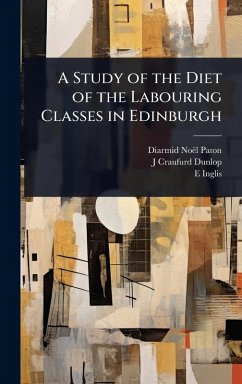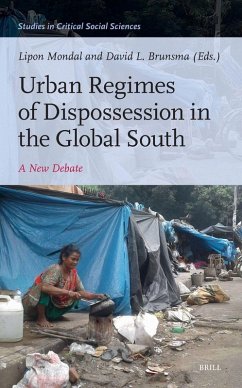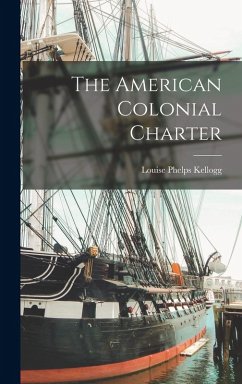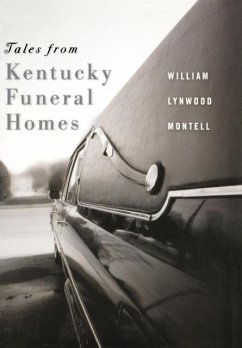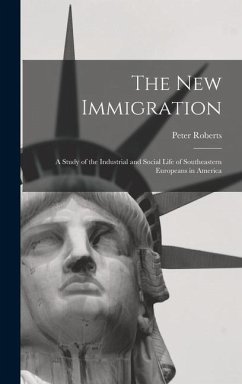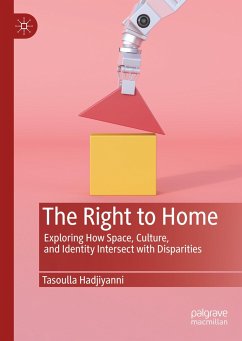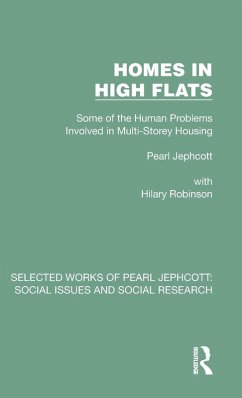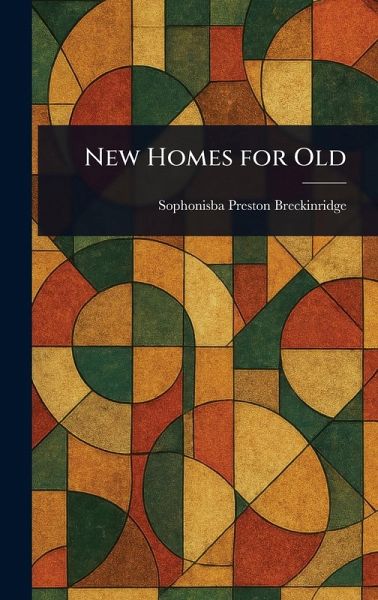
New Homes for Old
Versandkostenfrei!
Versandfertig in über 4 Wochen
31,99 €
inkl. MwSt.
Weitere Ausgaben:

PAYBACK Punkte
16 °P sammeln!
Sophonisba Preston Breckinridge's "New Homes for Old" offers a compelling exploration of Americanization in the early 20th century. This landmark study examines the complex process of integrating immigrants into American society, focusing on the vital role of settlement houses and social reform movements. Breckinridge delves into the challenges faced by newcomers navigating urban poverty while striving to build new lives. A significant contribution to the field of sociology, "New Homes for Old" provides valuable insights into the historical context of immigration and its impact on American cit...
Sophonisba Preston Breckinridge's "New Homes for Old" offers a compelling exploration of Americanization in the early 20th century. This landmark study examines the complex process of integrating immigrants into American society, focusing on the vital role of settlement houses and social reform movements. Breckinridge delves into the challenges faced by newcomers navigating urban poverty while striving to build new lives. A significant contribution to the field of sociology, "New Homes for Old" provides valuable insights into the historical context of immigration and its impact on American cities. Breckinridge's work sheds light on the social and economic conditions that shaped the immigrant experience, offering a nuanced perspective on the efforts to promote assimilation and address the needs of vulnerable populations. This republication preserves a crucial piece of social science history, relevant for anyone interested in urban studies, poverty, and the ongoing story of emigration and immigration. This work has been selected by scholars as being culturally important, and is part of the knowledge base of civilization as we know it. This work is in the public domain in the United States of America, and possibly other nations. Within the United States, you may freely copy and distribute this work, as no entity (individual or corporate) has a copyright on the body of the work. Scholars believe, and we concur, that this work is important enough to be preserved, reproduced, and made generally available to the public. We appreciate your support of the preservation process, and thank you for being an important part of keeping this knowledge alive and relevant.





